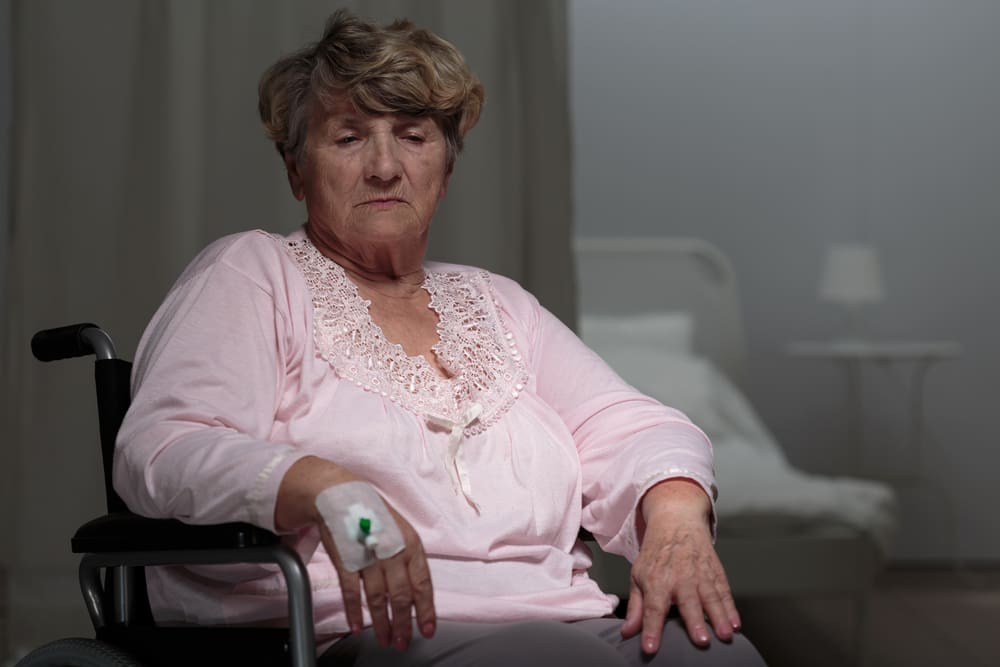By making sure your loved one’s voice is heard when they no longer have the capacity to express their true preferences, you can dramatically improve their overall quality of life.
Power of attorney is one of the most significant responsibilities you can take on. It signifies not only the authority to make decisions on someone’s behalf but also the duty to honour the individual’s wishes, and values.
There are different types of power of attorneys, including:
- Lasting Power of Attorney (LPA): Enduring authority that remains valid even if mental capacity is lost.
- Ordinary Power of Attorney: Suitable for specific, time-bound transactions and becomes invalid if capacity is lost.
- Enduring Power of Attorney (EPA): Covers property and financial matters and remains effective if capacity is lost. New EPAs can no longer be created in the UK. EPAs created before October 2007, either registered or unregistered, can still be used.
Taking on the responsibility of power of attorney is a significant decision, and it’s important to understand the implications and obligations that come with it. Seeking legal advice and guidance is advisable to ensure that the power of attorney you choose aligns with your family’s specific needs and circumstances.
This guide will primarily cover the lasting power of attorney, the most comprehensive way to ensure your loved one’s wishes are met when they can no longer advocate for themselves. The LPA grants enduring authority, remaining valid even if your loved one’s mental capacity changes.
What is power of attorney?
A lasting power of attorney (LPA) gives a trusted party the legal authority to make decisions on a loved one’s behalf, if they lack the mental capacity at some time in the future or no longer wish to make decisions for themselves. Power of attorney is generally given to a family member or close friend. The nominated person will then make decisions regarding health and care or personal finance-related matters on behalf of their loved one.
Power of attorney is a complex status that should be comprehensively considered well in advance. If you’d like further information on power of attorney status, you can refer to these resources from the government and Age UK.
Making sure your loved one’s wishes are granted
With power of attorney status, your loved one’s preferences and opinions should guide all the decisions you make.
Without an LPA, family must apply to the court of protection for a deputyship order if they are to make decisions about property, financial affairs or health and welfare. Left too late, and a court order deputyship is required, there’s a good chance that the court will reject that application.
In a health and welfare power of attorney, unless a person deliberately adds restrictions or conditions in their LPA, their attorneys will have general authority to make all personal welfare, including health care decisions, once the individual’s capacity to make these decisions are lost.
Health and welfare decisions could include:
- Place of residence
- Day-to-day care (e.g. diet and dress)
- Who they have contact with
- Consenting to or refusing medical examination and treatment
These are some of the ways you can open up a dialogue and begin gaining a greater understanding of their preferences in a supportive way:
Start the conversation early
It’s best to be proactive and start the conversation early – before your loved one starts to decline or when a diagnosis is first made. A POA can be appointed at any age, even when you are in good health, and does not have to be activated until it is needed. Conducting the conversation at this stage makes it feel more like a preparatory measure rather than a reaction to a recent event, and can help them explain their preferences in more detail.
When you raise the topic, try to do it in a constructive and understanding manner; explain that having this conversation now means you won’t be stepping into the unknown later on.
Create a safe and comfortable space with minimal distractions to have this conversation. Take care not to make siblings or other relatives feel left out, but limit the number of people present so your loved one doesn’t feel overwhelmed.
Explain what the status means
It can be difficult for older people – parents especially – to initiate this conversation as they may worry about overburdening you, or changing your relationship fundamentally.
Assure your loved one that power of attorney won’t take away their right to make their own decisions, it just sets in place a process for when they’re no longer able to do so.
Help them understand that you won’t be acting as an authority figure, but as an advocate whose sole intention is to make their voice heard.
Ask them about what would be important to you
Speak to them broadly about their likes and dislikes, finding out as much as possible about the little things as well as the big decisions.
Encourage them to speak to you honestly about major factors, such as:
- Whether they’d prefer to be cared for at home or in a residential institution
- How they would like their finances to be arranged
- What their opinions on medical care and life-sustaining treatment are
Also, ask them about all the little things that define you as a person; your preferred foods, personal hygiene and grooming routine, dress sense, hobbies and philanthropic interests.
Keep them involved for as long as possible
Your loved one’s capacity to make decisions may change from day to day. They may be able to decide about some aspects of their life, like choosing what clothing to wear and what to eat, but not others, such as important financial or medical decisions.
Make sure your loved one knows this is an ongoing dialogue and that they will keep making their own decisions until it’s clear that they’re no longer able to.
Check in every few weeks to see whether they’ve thought more about power of attorney and how they would like their preferences to be recognised.
If you’re unsure about their capacity, always speak to their doctor, who can arrange a capacity assessment. The NHS has useful advice on assessing capacity.
How to set up a power of attorney
For you to be able to act on your loved one’s behalf, you will need to set up a power of attorney and register it with the Office of the Public Guardian (OPG). You can submit the documentation yourself or have a solicitor do it on your behalf.
You will need to choose between Lasting Power of Attorney (LPA) or Ordinary Power of Attorney based on your needs. If you need advice about your options, speak to a solicitor or contact citizens advice for free, confidential guidance.
Establishing an LPA is different if your loved one no longer has mental capacity. Instead, you must apply to the court of protection to be appointed as their deputies. This can be an expensive process, so it is often recommended to try and get an LPA before the donor loses capacity.
Remember that a power of attorney legally obliges you to maintain a duty of care to the donor, meaning you must always act in their best interests. You will need to keep the donor’s money and property separate from your own and maintain accurate financial records to avoid a conflict of interest. It is a significant responsibility that should be considered carefully.
‘Outstanding’ live-in care you can trust
Making sure your loved one’s voice is heard, even after losing the capacity to express it, is a major legal responsibility that can help ensure your loved one’s wishes and preferences are always met.
With over 10 years of experience, The Good Care Group provides high-quality, live-in care, keeping clients safe and happy in the comfort of their own homes while improving their overall health and well-being. If you would like to learn more about how we can help to support your loved one as their care needs change, call on our friendly team today.



